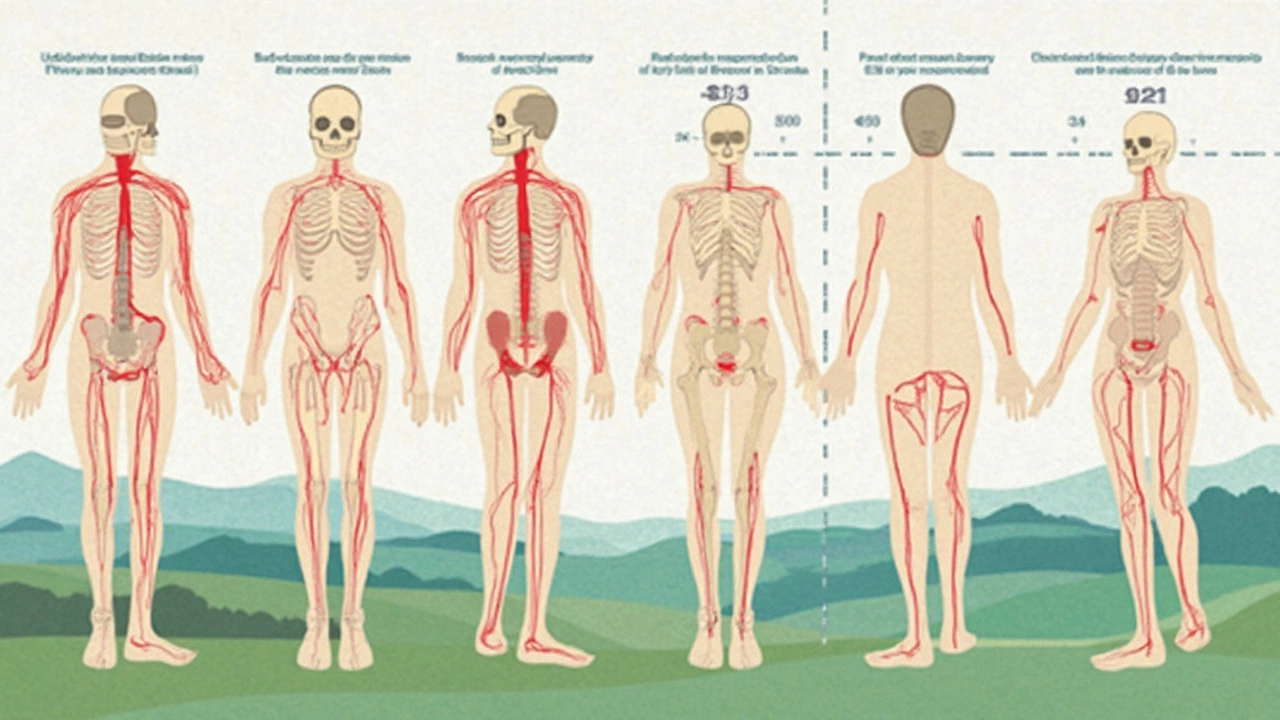Recovery Tips: Easy Ways to Bounce Back After Surgery and Pain
Feeling rough after an operation or a flare‑up? You don’t have to wait weeks to feel better. Below are straight‑forward tips you can start today to speed up healing, reduce pain, and keep everyday life moving.
Quick Recovery Hacks
First, focus on what you can control. Keep your phone nearby and set reminders to move every two hours – even a short walk around the corridor helps circulation and cuts swelling. If you’re dealing with chronic pain, apply a cold pack for 15 minutes, then switch to a warm compress; the contrast eases nerve irritation fast.
Next, eat foods that boost repair. Protein‑rich meals, like eggs, beans, or lean meat, give your body the building blocks for tissue. Add a handful of berries or a splash of orange juice for vitamin C, which supports collagen. Stay hydrated too – water flushes out toxins that can prolong soreness.
Sleep is your secret weapon. Aim for at least seven hours on a firm mattress, and prop a pillow under the injured side to keep the area aligned. If you’re using medication, follow the dosage on the label and note any side effects; this prevents unnecessary setbacks.
Long‑Term Healing Strategies
For bigger procedures – think joint replacement or spinal surgery – the road is longer. Start a gentle physiotherapy routine as soon as your doctor says it’s safe. Simple range‑of‑motion moves, like ankle circles or shoulder rolls, keep joints from locking up.
Mind‑body balance matters. Spend five minutes each day breathing deeply or trying a basic meditation; reducing stress lowers cortisol, a hormone that can slow tissue repair. If you notice pain spikes that don’t improve with rest, check the article “Unbearable Chronic Pain? What To Do Right Now” for a step‑by‑step flare plan.
Financial stress can also drag down recovery. The guide “How to Afford Expensive Surgery” lists practical ways to finance care without emptying your savings, letting you focus on healing instead of bills.
Finally, track progress. Write down daily pain scores, mobility gains, and any new symptoms. Sharing this log with your doctor makes appointments more efficient and catches complications early.
Recovery isn’t a race, but with these tips you’ll move faster toward feeling normal again. Keep the basics – movement, nutrition, sleep, and a clear plan – in front of you, and you’ll stay on the right track.

